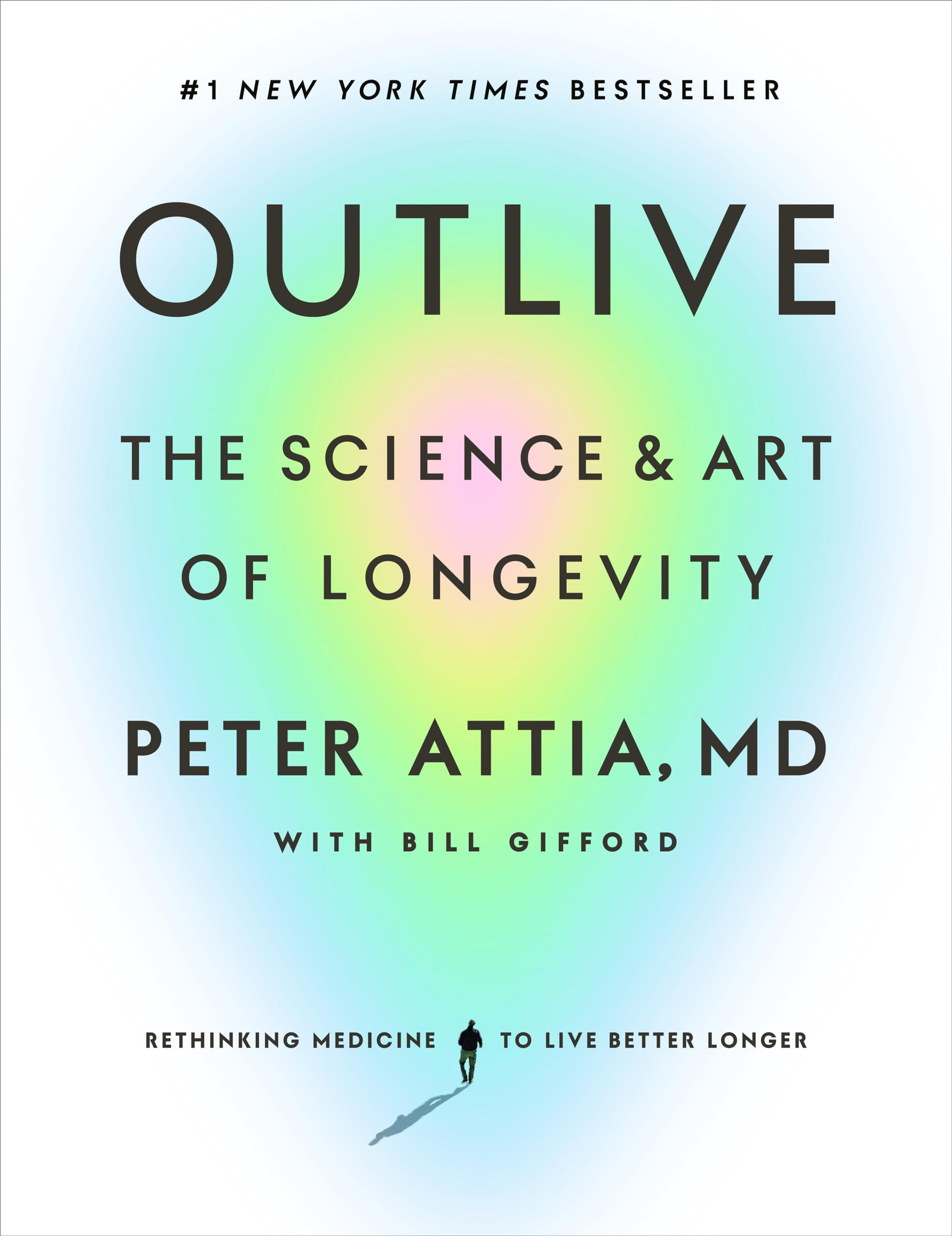Chapter 4: Centenarians: The Older You Get, the Healthier You Have Been
byChapter 4 of The Longevity Paradox takes an in-depth look at centenarians—those who live to 100 or beyond—and examines the factors contributing to their remarkable lifespans. The chapter opens with entertaining stories about these long-lived individuals, some of whom attribute their longevity to habits that contradict conventional health advice, such as drinking alcohol daily or consuming bacon regularly. While these anecdotes may seem surprising, they challenge common beliefs about aging, suggesting that factors beyond diet and exercise—such as genetics and chance—play a significant role in determining lifespan.
The discussion then moves toward scientific studies that have explored the genetic links to longevity, particularly research on Ashkenazi Jewish centenarians. Findings suggest that many of these individuals do not follow particularly strict health regimens, yet they manage to reach old age without severe chronic illnesses. This has led scientists to examine the role of genetic inheritance in determining who is more likely to live past 100. While lifestyle habits can influence health, research increasingly indicates that genes may provide a unique biological advantage that contributes to extended lifespan.
Several key genes have been identified in individuals who live exceptionally long lives, including the APOE gene, which impacts cholesterol regulation and has been associated with Alzheimer’s disease risk. Another important gene, FOXO3, is involved in cellular repair and metabolic regulation, both of which influence aging and disease prevention. Although these genetic factors provide insight into why some people live longer, they do not act in isolation—environmental influences and lifestyle choices still play a role in shaping how these genes function over time.
A striking pattern among centenarians is that many remain in relatively good health for most of their lives, experiencing only a brief period of illness before passing away. This phenomenon, known as “compressed morbidity,” contrasts sharply with the experiences of many people who develop chronic diseases and spend years dealing with declining health. Researchers have been particularly interested in whether medical advancements and lifestyle changes could help more individuals experience a similar delay in age-related diseases, ultimately allowing them to enjoy longer, healthier lives.
Beyond genetics, scientists have observed common lifestyle factors among centenarians that may contribute to their longevity. While there is no single formula for living past 100, many long-lived individuals engage in daily physical activity, maintain strong social connections, and experience lower levels of chronic stress. These factors, combined with access to better healthcare and advancements in medicine, may offer a way for more people to improve their healthspan—the number of years they live free from debilitating conditions.
The chapter also explores how scientific progress is leading to new anti-aging strategies that could further enhance human longevity. Ongoing research into cellular repair, metabolic regulation, and gene therapies suggests that future medical interventions may be able to slow the aging process. While these developments are still in their early stages, they raise important questions about how society will adapt to longer lifespans and whether these advancements will be widely accessible or limited to those with financial resources.
As the chapter concludes, the author reflects on the complex nature of aging and the balance between genetics and lifestyle choices. While we cannot control the genes we inherit, we can make decisions that improve our overall well-being and increase our chances of living longer, healthier lives. By prioritizing good nutrition, staying active, fostering meaningful relationships, and managing stress effectively, individuals can adopt habits that promote longevity, regardless of their genetic predisposition. The central message is that while genetics lay the foundation, our daily choices remain a powerful factor in shaping the quality and length of our lives.


